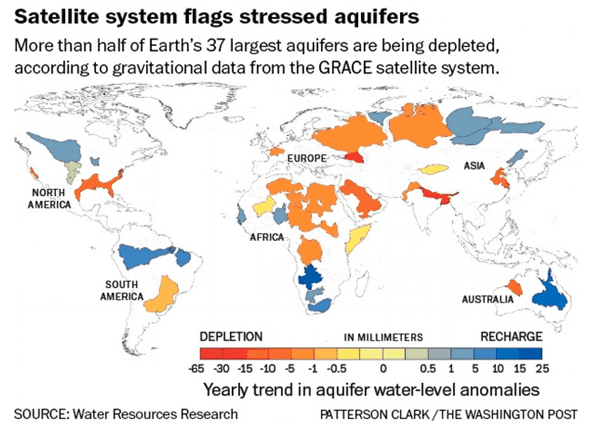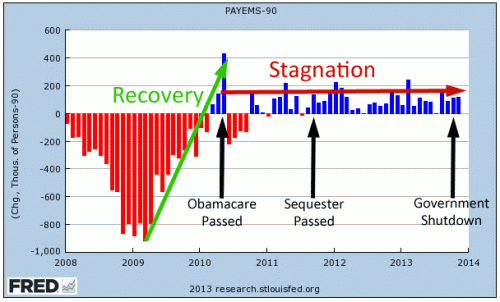Does the Zero-Sum Nature of Academic Success Contribute to the Left-wards Bias of Academia?
For a while now, I have had a theory that the zero-sum nature of academic success (competition for a fixed and perhaps shrinking number of tenured positions) affects the larger world-view of academia. (This article that compares academia to a harmful cult demonstrates this zero-sum thinking pretty well.)
It is pretty well-established that the American academic community is disproportionately of the Left, and in fact tilts pretty strongly in many cases to the far Left / progressive side. People debate a lot about why this should be, but I think one contributing factor (but certainly not the only one) that I have never heard anyone discuss is the zer0-sum game these academics must play in their own careers. I think that many of them incorrectly assume that all professions, and all of the economy and capitalism, is dominated by this same dog-eat-dog zero sum game -- remember, for most, academia is the only industry they have ever experienced from the inside. And once you assume that the whole economy is zero-sum, it is small step from there to overly-narrow focus on distribution of wealth and income.
One of the mistakes folks on the Left make about capitalism is to describe capitalism as mostly about competition. In fact, capitalism is mostly about cooperation, its a self-organizing process where people who don't even know each other cooperate to deliver products and services, facilitated by markets and the magic of prices. Sure, competition exists but it is not the fundamental feature, but an enabler that makes sure the cooperation occurs as efficiently as possible. Capitalism in fact is about zillions of voluntary trades and transactions every day that each make both parties better off -- or else both sides would not have agreed to it. Capitalism in fact is a giant positive sum game, a fact that many on the Left simply do not grasp.
Never in my business life have I thought any company I worked for was playing in a zero-sum game. Sure, individual sales to an individual customer might be zero sum -- UPS is going to order its bearings from Rockwell or Emerson and winning and losing that one order is zero sum. But as a whole no business I have been in has ever felt zero sum. In my business running campgrounds, I want our campgrounds to be the best but our growth is generally not at the expense of some other campground -- it is about attracting more people for more days to camping and offering those who do camp more value-added services.
Postscript on Metrics: As an aside, it struck me that one improvement to the dysfunctional academic experience described in the Washington Post article linked above might be to an a measurement of the professoriate that went beyond just counting published articles and their citations. Start counting the number of advisees each professor has that lands teaching and tenured positions and you could change some behavior.


